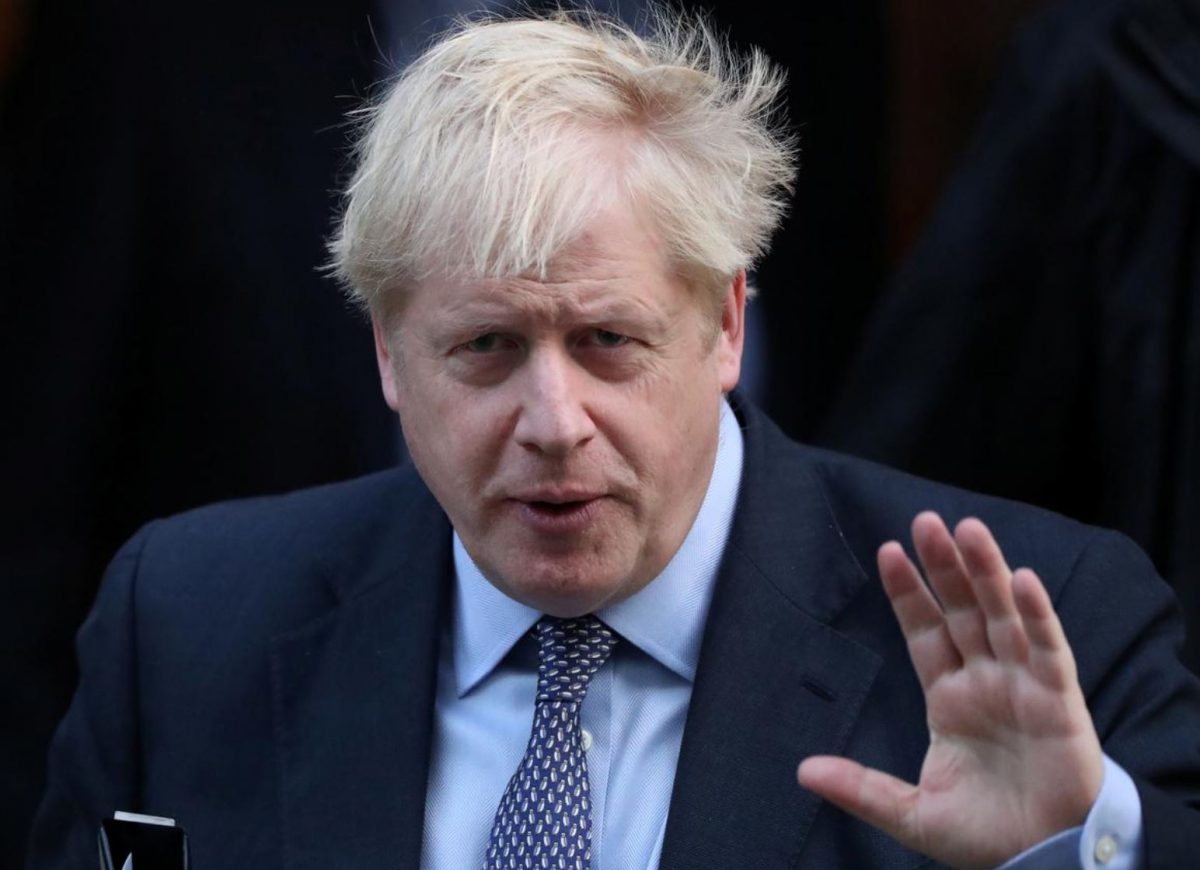LONDON, (Reuters) – Prime Minister Boris Johnson today announced an inquiry next year into the handling of the COVID-19 pandemic that is likely to focus on why the United Kingdom suffered Europe’s worst death toll and was so slow initially to impose a lockdown.
Johnson and his ministers have admitted there are lessons to be learned from the worst public health crisis in decades, but point to the United Kingdom’s swift vaccine rollout as evidence that there were also successes.
“This process will place the state’s actions under the microscope,” Johnson told parliament.
The public inquiry and its final report could define Johnson’s political legacy and, depending on when the findings are published, influence voters ahead of a national election currently due some time before 2024.
It will delve into the decision-making at the heart of the British state when ministers mulled the imposition of unprecedented peacetime restrictions and scrambled to buy billions of pounds worth of drugs and equipment.
The UK’s official death toll is 127,629 – Europe’s worst figure and the world’s fifth worst, after the United States, Brazil, India and Mexico, according to Johns Hopkins University.
Johnson has been accused by opponents of reacting too slowly to the crisis, especially at the onset, failing to supply sufficient protective equipment and bungling the testing system.
So far 35.6 million people in the United Kingdom, more than two thirds of the adult population, have had a first dose of a COVID-19 vaccine.
COVID QUESTIONS
The inquiry will have the backing of legislation giving it far-reaching powers, Johnson said.
Johnson had previously agreed to hold an inquiry but resisted pressure from opposition parties to begin it while the government was still handling the crisis, saying it was more important to focus on that and the subsequent recovery plan.
But speaking in parliament, he said the inquiry would begin in spring 2022 once some of the worst pressures had subsided to avoid diverting resources from the crisis response. He warned of the risk of a resurgence of the virus.
Opposition Labour Party leader Keir Starmer asked why the inquiry could not begin sooner and said it was vital the exercise had the backing of all political parties in parliament and commanded the trust of families of victims of the pandemic.
Johnson did not set out the terms of reference for the inquiry, or who would lead it, saying it was necessary to consult with Scotland, Wales and Northern Ireland on those issues.










